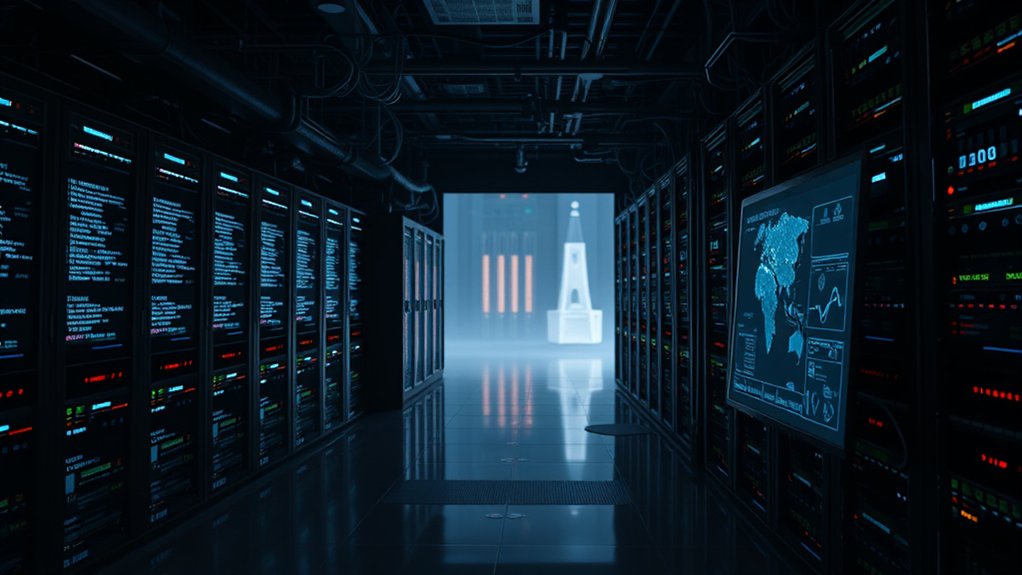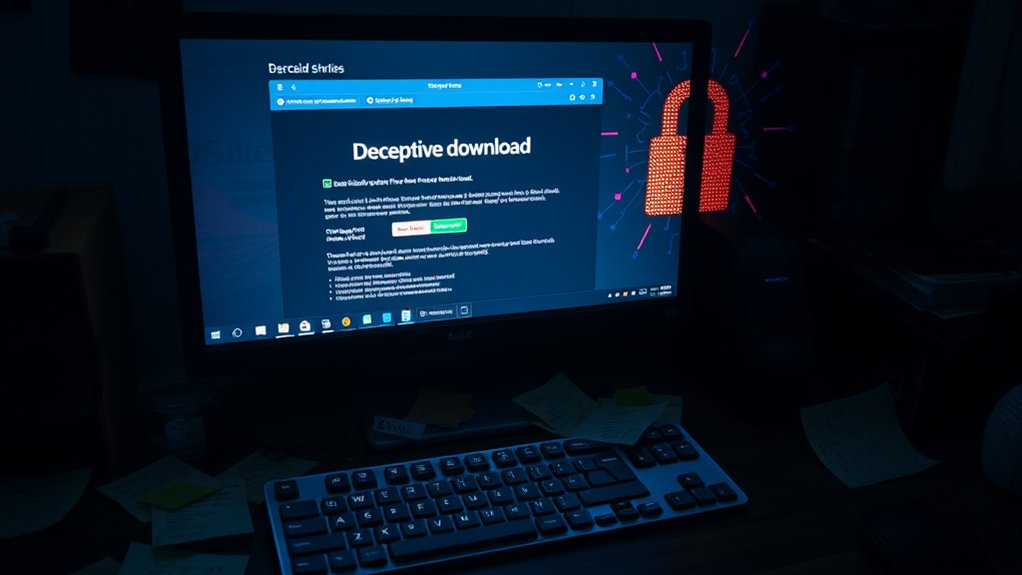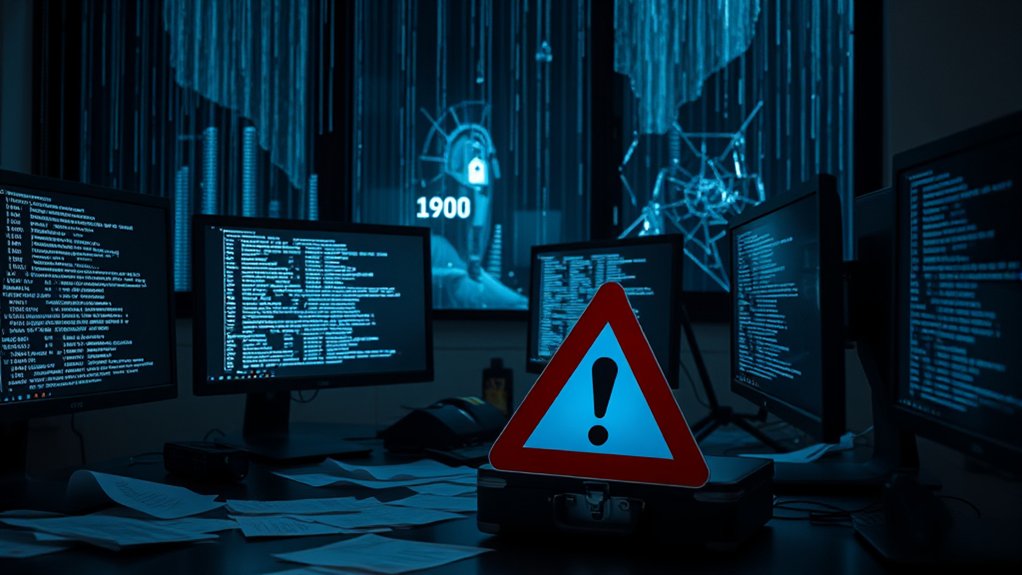In a troubling development for national security, China-linked hackers have successfully compromised critical French infrastructure, employing sophisticated techniques associated with the Houken intrusion set. The attackers, identified as part of the UNC5174 group, are believed to have connections with China’s Ministry of State Security. Their strategy relied upon exploiting zero-day vulnerabilities in Ivanti Cloud Service Appliance devices, impacting a wide range of sectors including government, telecommunications, media, finance, and transport.
The operational challenges posed by these attacks stem from the moderate yet advanced sophistication of the Houken intrusion set. By utilizing zero-day vulnerabilities such as CVE-2024-8190, CVE-2024-8963, and CVE-2024-9380, alongside high-level techniques like rootkits and open-source tools, the actors effectively established a foothold in critical networks. This vulnerable timeframe extended from early September until late November 2024, showcasing the pressing nature of cyber threats in contemporary infrastructure. Additionally, the attackers displayed a concerning level of operational security gaps, as evidenced by their noisy and rudimentary tactics. Furthermore, the focus on critical infrastructure highlights the strategic importance of these sectors for the attackers.
The Houken intrusion set has exploited critical vulnerabilities, revealing significant threats to national infrastructure security.
According to reports from France’s cybersecurity agency, ANSSI, the implications of these breaches extend beyond immediate disruptions, including potential intelligence gathering and enabling deeper post-exploitation activities. The extensive use of commercial VPNs and dedicated servers in the infrastructure illustrates a calculated approach aimed at obfuscation and operational security.
In addition, the collaborative nature of these attacks as initial access brokers further complicates the cybersecurity environment, as weakened defenses may lead to cascading vulnerabilities ripe for further exploitation. The revelation regarding UNC5174’s activities highlights an urgent need for bolstering cybersecurity across critical sectors.
With ongoing evaluations and response efforts being undertaken by various cybersecurity agencies, the situation demands immediate attention. Such breaches not only illustrate the fragility of critical national infrastructure but likewise underscore a broader trend of state-sponsored cyber-espionage that poses significant risks to national security.
The French government, in conjunction with international partners, faces mounting pressure to address these vulnerabilities, reinforcing their defenses against future incursions.









